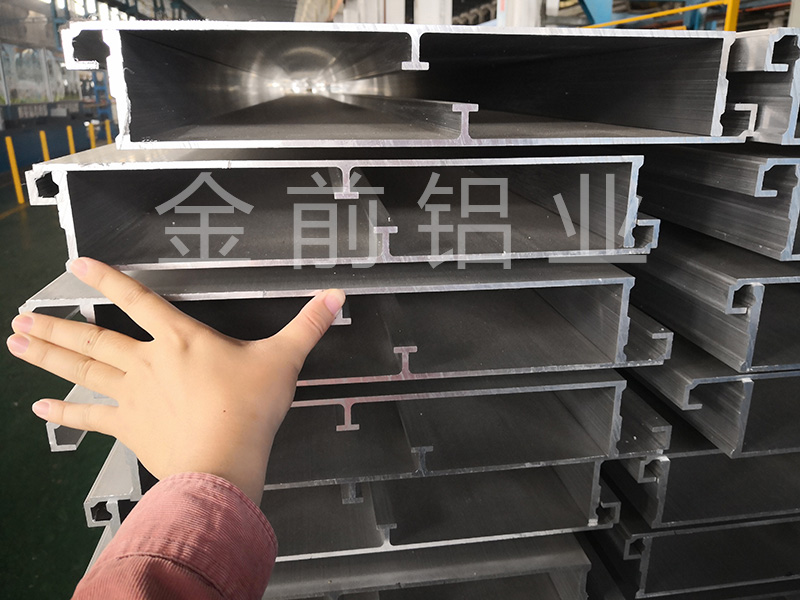Company news
Company news
Company news
Company news
2019-03-20人阅读

Looking forward, looking forward, the tax rate has fallen again, but many small business owners are not happy. Why? Because although the tax rate has been lowered, but the customer requests that the price of the supply should be lowered accordingly. After calculating, he did not enjoy the benefits!
When the tax rate dropped from 17% to 16% last year, many small businesses supplying large units received the price reduction notice from the other side, requiring the price of the goods to be adjusted according to the reduced tax rate, i.e. the price must be reduced. So they calculated that although the tax rate was reduced, the supply price was also reduced, and the profit was still the original profit.Originally it didn't matter to you. As a result, the salesman came up and asked, "The customer said that VAT would be reduced by 3%. We have to lower the price to the customer." That's equivalent to 116 sold before and 113 sold later. The boss was excited after hearing the news in the morning. In the afternoon, the sales sent the customer's request for price reduction. The boss was in a bad mood at that time, so he came to your finance directly, and then assigned you a task, so that you could find a reason to tell customers that these three points can not be reduced. Why? This cheap company was taken away before it got hold of it. Is that all right? This is just exciting, not see the money, it really became a passer-by God of wealth, so let as a financial you quickly find ways to account with customers.
It's hard for you. The boss told you. Sales are looking for you now. If you don't give a word to deal with it, you'll have to turn around. So you have to think about it carefully. Let's analyze it. There are several situations:
In the first case, let's assume that your business pays taxes regularly, and that the business is more professional, and it's always price plus tax when quoting with customers. In this case, your original price of 100, add 16 tax to customers, customers now hear of the new policy, ask you to reduce taxes. Because you used to collect 16% for the state, but now the state only needs 13%, so you should also ask for a 3% tax reduction, which is possible.You can reduce the price of customers by 3% before customers can reduce the price of consumers. If you face consumers directly, market pressures are also on the horizon, and consumers are waiting for price cuts, you must also cut prices. If you don't cut prices for customers and other competitors, you'll be in trouble. So now the customer asks you to reduce the price, you also have to reduce the price to the customer, this is a basic truth.
Of course, if you have a good market position and are market manipulators, you are not willing to drop; or if the country concedes profits, you think you should give it to consumers first, on what basis, you can also share the 3% if you have the ability. In this case, it depends on your business ability and negotiating power. If the level is high, you can increase the price without lowering the tax in the honest country. There is a saying that there is no negotiation in this world, only the strong notify the weak. So if you have the ability, you will carry it. If you have no ability, you will have to lower the price for customers. Generally speaking, it is a matter of business ability and negotiation.The former 16% VAT is actually self-affixed. Now the state has lowered the tax rate, just to let out the profits previously affixed, so that it does not need to affix any more. In this way, as a supplier of customers, we can develop healthily and cooperate for a long time. If we have money, we can make good progress together.
You can use this as an excuse to explain to your customers, try to enjoy the dividend, or share the 3% tax with them, all of which can be negotiated with them. If in the process, you do not have that kind of strength and chips, if customers insist on lowering prices, you can only accept. Even if the VAT rate drops by 3%, you don't have room for manoeuvre, and the dividend ends up with someone else. Why? The fear is that competitors will cut prices. So in the final analysis, it's business strength, negotiation ability and chips. No chips, just wait for someone else's notification.The third situation is that you are irregular, tax-deductible and have two sets of accounts. Originally you don't pay taxes, sell out of account, and take personal cards. This tax cut has nothing to do with you. Because you didn't pay tax according to the tax rate, you paid your own tax according to the tax. After checking, you didn't pay any tax, so the tax reduction has nothing to do with you.
So, this time, there is no room for customers to reduce prices. If customers let you reduce taxes, it will be very difficult to account for it. Customers know that you have two sets of accounts, some of which are paid to private accounts, and some of which are not invoiced at all. Tax evasion means that customers have to cooperate. If the customer requests a reduction in price, it's really hard for you. Take this opportunity to bargain, and in case you have space, the customer will push down the price again. This is a game in itself. You have no reason to compile it. You can only say that you have no room to reduce the price.
In fact, finance is unreasonable. It should be business. There is no reasonable way to give words to customers, because it is really difficult. This situation is relatively passive, competitors cut prices, you can not reduce prices, because you did not pay the original, you did not get a dividend, you can not let out.
02 How does the financier deal with it?
To sum up, the boss asks you for an idea about finance, organizes a phrase, and gives the customer a reply that he doesn't want to reduce the price. There are only two statements that you can reply to:
First: I used to mix quotations. In that case, I already pay taxes. This time, I can't post any more. We will develop healthily in the long run. Compared with the original situation, since we can "live" in the original situation, then we can continue to cooperate. Maybe I can make a point. This is also a way.
Second: You can refuse customers on the grounds that the price can not be reduced upstream. Because upstream, the smaller the business, the more informal and decentralized it is. In this case, the lower the tax, the lower the total price, the higher the cost; if your cost rises, even if the tax falls, the lower the total price, the lower the total price, right? If the upstream does not give you a price reduction, you can use this as a reason to talk to customers, tell customers that upstream enterprises do not reduce prices, if you reduce prices, my cost will rise. Explain it to your customers.
Whatever the above statements, in fact, ultimately depends on your position in the market, game ability, the reaction of competitors, the environment and so on. The words given by finance are only an excuse to play games with each other. There is not much to say.

